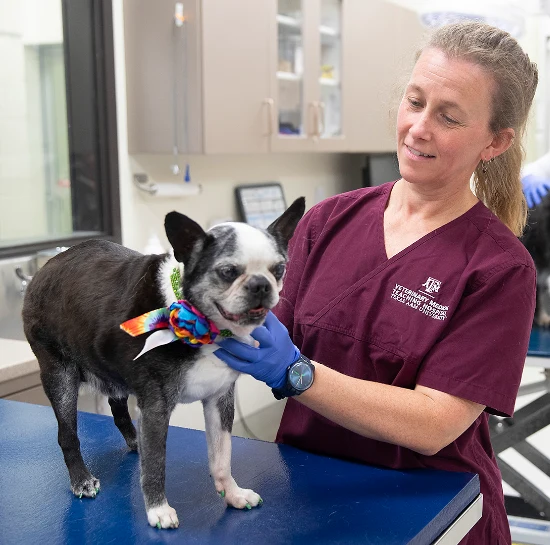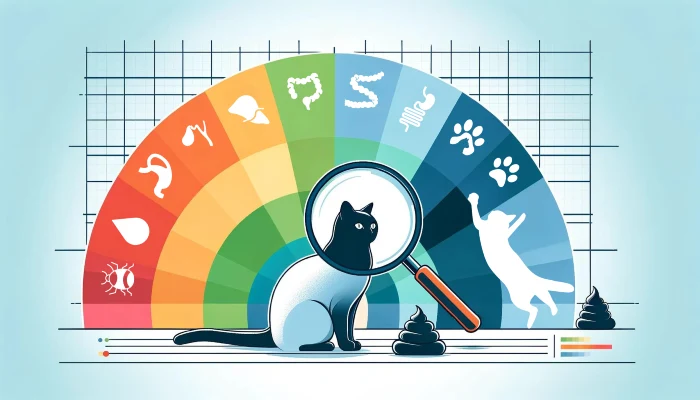A glimmer of hope is emerging for dog owners who dread the inevitable loss of their beloved pets. A groundbreaking new drug is in development, offering the potential to extend the lives of certain large canine breeds.
This remarkable innovation is being pioneered by the veterinary biotech company Loyal for Dogs, and while it awaits further clinical trials, it’s received a vote of confidence from the United States Food and Drug Administration (FDA).

The FDA, in a letter to Loyal for Dogs, acknowledged that the initial data for the drug is “sufficient” to suggest “a reasonable expectation of effectiveness.” This promising development was met with enthusiasm by Celine Halioua, the founder and CEO of Loyal, who proudly announced the achievement in a press release on November 28. According to Halioua, this marks the “FDA’s first-ever formal acceptance that a drug can be developed and approved to extend lifespan.”
The drug, named LOY-001, is primarily designed for dogs aged 7 years and older, weighing at least 40 pounds (18 kilograms). Administered through injections every three to six months by veterinarians, LOY-001 aims to limit the effects of a growth-related hormone known as insulin growth factor-1 (IGF-1).
While the connection between IGF-1 and canine aging isn’t fully understood, research in roundworms, fruit flies, and mice suggests that high levels of this hormone may accelerate the aging process.
Notably, larger dog breeds, such as Great Danes, tend to have significantly elevated levels of IGF-1 compared to smaller breeds like Chihuahuas. This hormone plays a crucial role in cell growth, contributing to the remarkable size of larger breeds. However, in older dogs, excessive IGF-1 levels may have adverse effects on health.
An observational study conducted by Loyal, which assessed the health of over 450 large dogs, revealed that canines with lower insulin levels experienced reduced frailty and an improved quality of life.
These findings, along with extensive technical data provided by Loyal, have prompted the FDA to recognize the potential of LOY-001 in extending the lifespans of dogs.
With this proof of concept in hand, Loyal aims to secure conditional approval for LOY-001 by 2026, a fast-tracked FDA authorization that could make the drug available while clinical trials continue. Halioua and her team aspire to extend dog lifespans by at least a year through their drug.
However, the ultimate quality of life during that extended period remains a crucial consideration.
Kate Creevy, the chief veterinary officer of the Dog Aging Project, emphasized the importance of ensuring that any extended lifespan is characterized by good health rather than prolonged suffering.
The Dog Aging Project itself is working on a life-extending drug for dogs, called rapamycin, which has shown promise in other species and already enrolled over 30,000 dogs in their research.
Rapamycin works by blocking a molecule called mTOR, which regulates cell proliferation and death, making it a key target in current drug research.
Beyond the realm of dogs, these pathways to extending lifespan could also have implications for human health.

To date, the FDA hasn’t approved any longevity drugs for animals or humans, raising ethical questions about the extension of pets’ lives.
Some experts argue that, given our role in breeding dogs to have shorter lifespans, we owe it to our pets to explore ways to enhance their health and prolong their lives.
As Loyal prepares to embark on clinical trials starting in 2024/2025, they’re recruiting over a thousand senior dogs, taking a significant step towards potentially revolutionizing the lives of our canine companions.
























